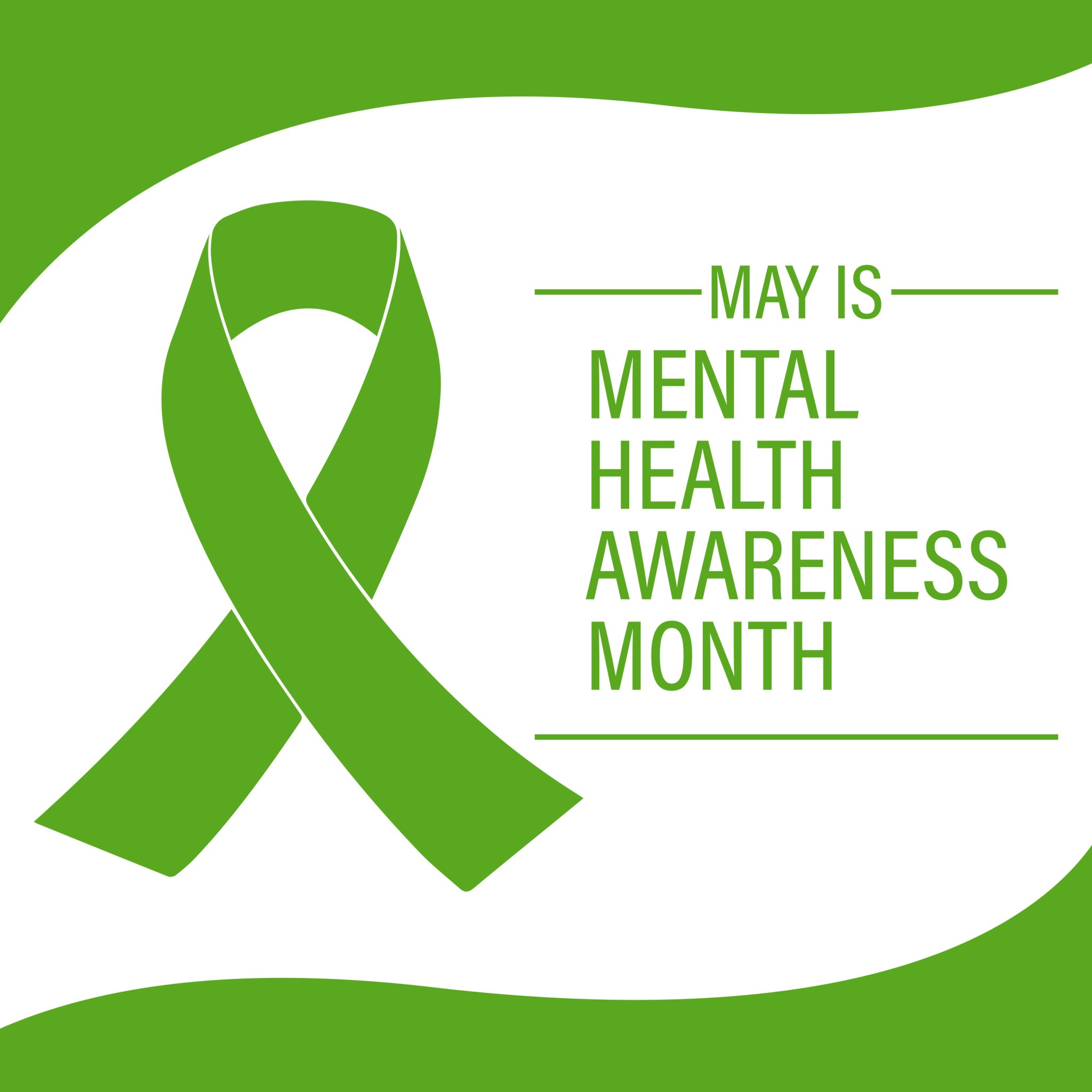Mental Health Awareness Month: Examining the Trauma of Incarceration

Each May, Mental Health Awareness Month is a crucial reminder of the importance of mental well-being, especially for those affected by trauma. This month, we’re taking a closer look at the trauma of incarceration and its lasting effects. Recognizing this trauma and providing targeted support for returning citizens is essential to breaking cycles of recidivism and promoting long-term stability.
The Psychological Impact of Incarceration
For many individuals, incarceration is a deeply traumatic experience. Prisons and jails are high-stress environments, often characterized by violence, isolation, and strict institutional control. The psychological effects of this environment can be profound. These effects may include:
- Chronic stress and anxiety: The constant threat of violence and the rigid structure of incarceration can lead to hypervigilance, an inability to relax or trust others.
- Depression and hopelessness: Many incarcerated individuals experience prolonged isolation, which can exacerbate feelings of despair and worthlessness.
- Post-traumatic stress disorder (PTSD): Exposure to violence, abuse, or dehumanizing conditions can lead to PTSD, making it difficult to reintegrate into society.
- Substance use disorders: Many justice-involved individuals struggle with co-occurring substance use and mental health disorders, often using drugs or alcohol to self-medicate.
These challenges do not end upon release. Instead, formerly incarcerated individuals must navigate the emotional, social, and economic barriers of reentry while managing the psychological scars of incarceration.
The Lasting Effects of Trauma on Formerly Incarcerated Individuals
Even after release, the trauma of incarceration continues to affect mental health in several ways:
- Difficulty adjusting to freedom: Many returning citizens struggle with decision-making and independence, as incarceration removes personal agency.
- Social stigma and isolation: Formerly incarcerated individuals often face discrimination in employment, housing, and social relationships, leading to feelings of rejection and isolation.
- Family strain: Rebuilding relationships after incarceration is challenging, especially when families have suffered financial or emotional hardships.
- High risk of recidivism: Without proper mental health support, many returning citizens struggle to cope with reentry stress, increasing their likelihood of reoffending and returning to incarceration.
Given these challenges, comprehensive mental health and substance use disorder treatment is critical to supporting successful reentry.
Strategies to Support the Mental Health of Returning Citizens
Addressing the trauma of incarceration requires a multifaceted approach that includes mental health care, community support, and opportunities for personal and professional growth.
Expand Access to Trauma-Informed Treatment
Returning citizens need trauma-informed care that acknowledges the psychological effects of incarceration. Programs offering co-occurring mental health and substance use disorder treatment are particularly effective in addressing the complex needs of justice-involved individuals.
Pioneer Human Services provides detox, residential and outpatient treatment programs designed to support individuals struggling with mental health and/or substance use challenges, ensuring they receive the comprehensive care needed for long-term stability.
Strengthen Reentry Support Programs
Reentry programs that serve as a bridge from prison to living in the community also offer support services and needed referrals to treatment and counseling. Pioneer operates all four Federal residential reentry centers across Washington state. The centers provide access to mental health counseling and substance use disorder treatment, case management, reentry planning, and job and life skills training that can ease the transition back into society. These services help individuals process trauma, build coping skills, and develop a sense of community.
Promote Employment and Education Opportunities
Stable employment and educational opportunities provide a sense of purpose and reduce recidivism rates. Programs that help returning citizens gain job skills, secure employment, and access higher education can significantly improve mental well-being.
Encourage Community and Family Reconnection
Rebuilding relationships after incarceration is crucial. Support groups, family therapy, and mentorship programs can help returning citizens reconnect with loved ones and establish positive social networks.
Advocate for Policy Changes That Reduce Barriers
Many returning citizens face systemic barriers to housing, employment, and health care. Advocacy efforts should focus on expanding access to mental health services, reducing employment discrimination, and increasing funding for reentry programs.
The Importance of Holistic, Individualized Care
Mental health support for justice-involved individuals must go beyond treatment — it needs to be holistic and individualized. Addressing the trauma of incarceration requires a combination of mental health care, substance use treatment, employment support, and community reintegration services.
At Pioneer Human Services, we understand the unique challenges returning citizens face. Our counseling and treatment programs provide a safe, structured environment where individuals can heal from trauma, rebuild their lives, and develop the skills needed for lasting success. If you or a loved one is struggling, don’t wait any longer to seek help. Contact us today to start your journey toward a brighter, healthier future.
This Mental Health Awareness Month, it is critical to recognize the lasting impact of incarceration on mental health and advocate for solutions that support healing, growth, and successful reintegration. By expanding access to trauma-informed care, strengthening reentry programs, and addressing systemic barriers, we can help returning citizens build stable, fulfilling lives beyond incarceration.
Pioneer Human Services empowers justice-involved individuals to overcome adversity and reach their full potential. With over 35 programs across the state of Washington, we’re working to eradicate mass incarceration through innovative programs and social entrepreneurship. Support our work today and help us provide counseling, career services, housing, and — most importantly — hope.
